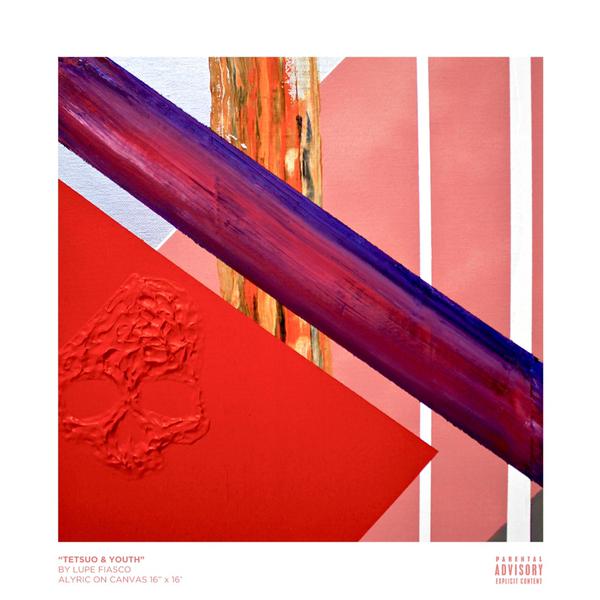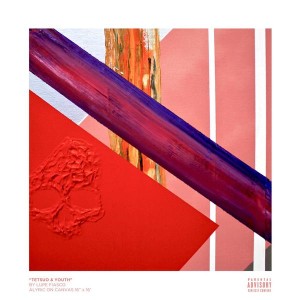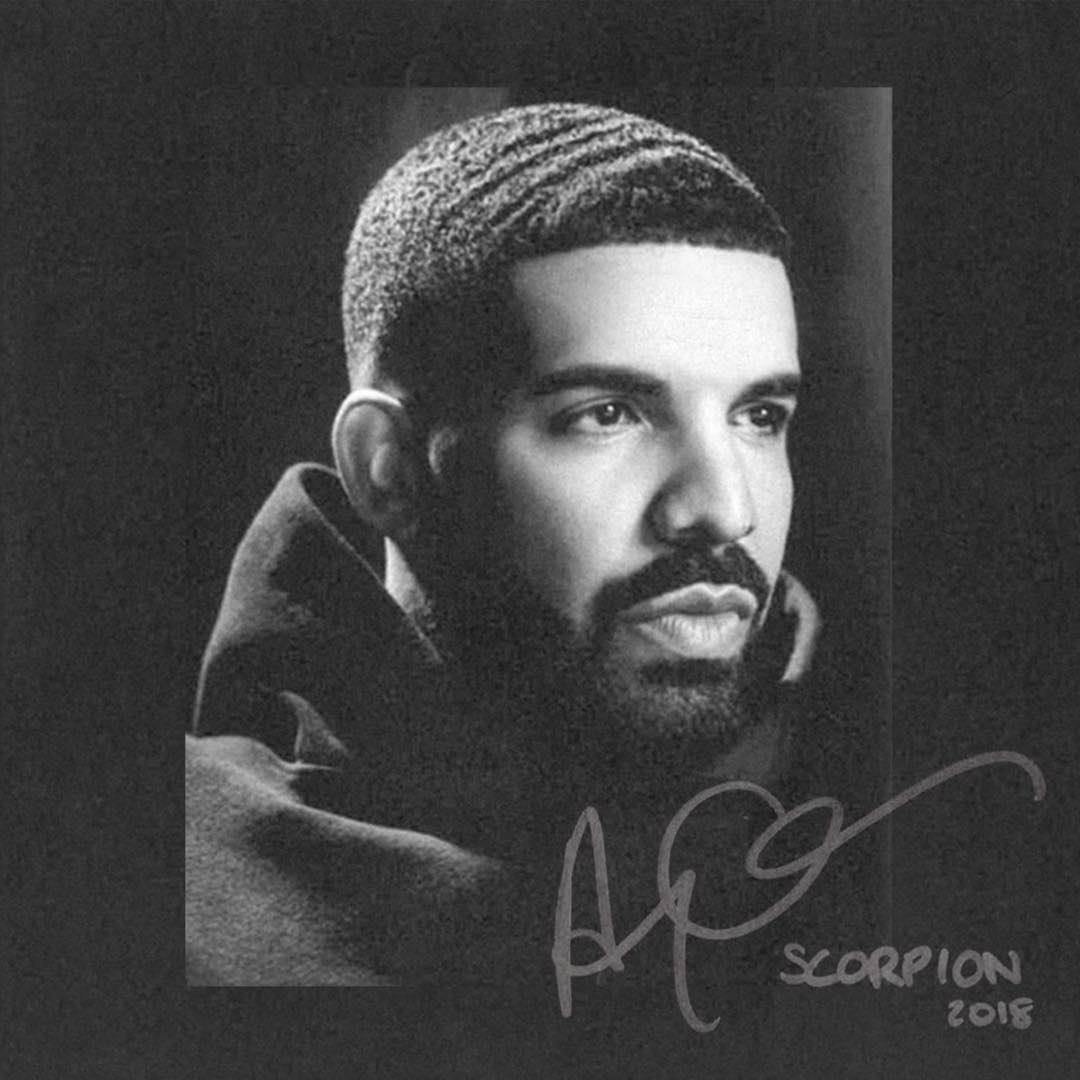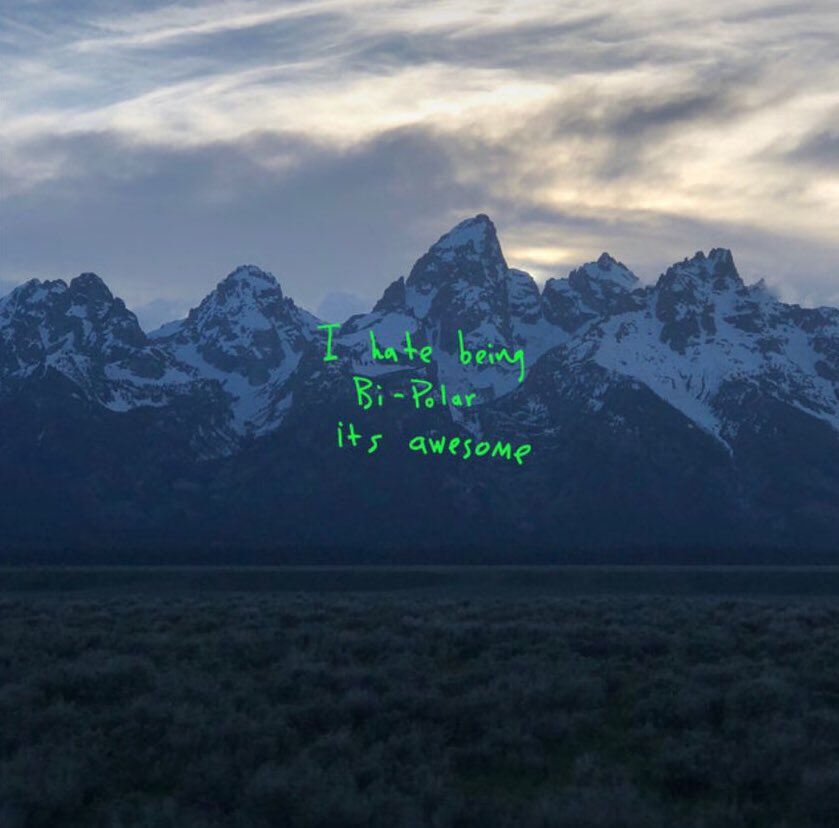The story of Lupe Fiasco can be classified as one interesting adventure; a journey filled with celebrated musical memories as well multiple stretches of controversy. During the Food & Liquor/The Cool era, Lupe was the cool alternative choice if someone asked you who your favorite rapper was. But in recent years, Fiasco has fallen into a trap of label woes with Atlantic, becoming more known for his overly opinionated antics rather than his music. The album rollout for Fiasco’s new LP, Tetsuo & Youth, has been unorthodox to say the least with several delays, supposed singles that were all left off the final track-listing, as well as an e-threat from hacker group Anonymous to Atlantic Records- essentially forcing their hand in giving the album an official release date. Despite the questionable series of events, Tetsuo & Youth is a step back in the right direction for Lupe and a more than worthwhile listen if you choose to give it the attention it requires.
Even if the popular stance on Twitter states that Lupe Fiasco ‘fell off’, the Chicago emcee has always been a supremely talented lyricist. The man is a wordplay magician, delivering substance-filled rhymes using assonance, consonance, and any other grammatical effect that would make your elementary school English teacher proud. On Tetsuo & Youth, this ability is showcased right off the bat with the nine-minute “Murals”, a hook-less track that is just a flat out impressive display of rapping. However, the issue with Lupe has never been his pen game, but rather matching the dense verses with a properly organized (and mutually agreed upon) musical backing. This is where Tetsuo & Youth provides a return to form; the banjo on the ‘sacred geometry’ melodies of “Dot & Lines” gives off pleasant vibes, and Wasalu’s quality score instantly skyrockets by recruiting Terrace Martin to play saxophone on the mesmerizing “Body Of Work”. These occurrences enhance the replay value of the album (having Nikki Jean back doesn’t hurt on that front either), increasing the chances of casual fans going back to the LP and maybe catching more of the complex references Lupe drops every other bar.
Another piece of negative criticism Lupe has faced over the years is that he comes across as preachy, a ‘my way or the highway’ type of rapper. But the concepts on Tetsuo & Youth are not forced upon us and it makes the listening experience that much better. This is illustrated effectively on tracks such as the prison-industrial complex focused “Prisoner 1 & 2” and standout single “Deliver” (ft. Ty Dolla $ign), which uses the wariness of a pizza delivery man to make a statement on the economic conditions/negative reputation of America’s ghettos.
Per usual, Lupe’s intelligence shines throughout the entire project, but there are actions taken to ensure that he isn’t hitting you over the head with his notepad. The seasonal instrumental tracks break up Tetsuo & Youth nicely, and they lead to the latter half of the LP, which can be fairly labeled as the DJ Dahi show. Before one falls short of the finish line due to Lupe’s long-winded offerings, the on-fire producer breathes fresh air into the project. The most distinct example of this is the nine-minute banger “Choppers”, featuring an absolutely random yet awesome list of emcees (Google them), and they all take advantage of this rare opportunity.
When it comes down to it, Tetsuo & Youth should be appreciated for all of these aspects. This is not watered-down, instant gratification Hip-Hop, but that does not mean you can’t have fun while listening to this album. This is a well-assembled, authentic body of work from Lupe and his go-to producers. While it would not be a wise choice to compare it to his efforts from back in the day, put some time/effort into Tetsuo & Youth and it will reward you justly.
Repeatable: ‘Mural’, ‘Prisoner 1 & 2’, ‘Deliver’
Skippable: ‘Blur My Hands’, ‘Little Death’
Let us know your thoughts in the comments section!













Discussion about this post